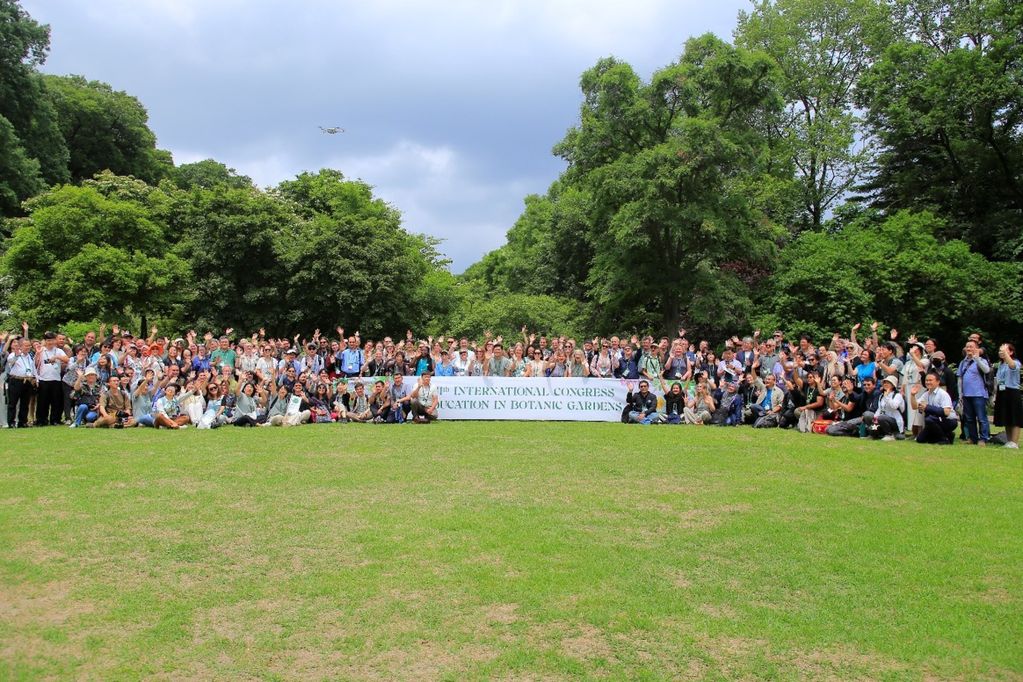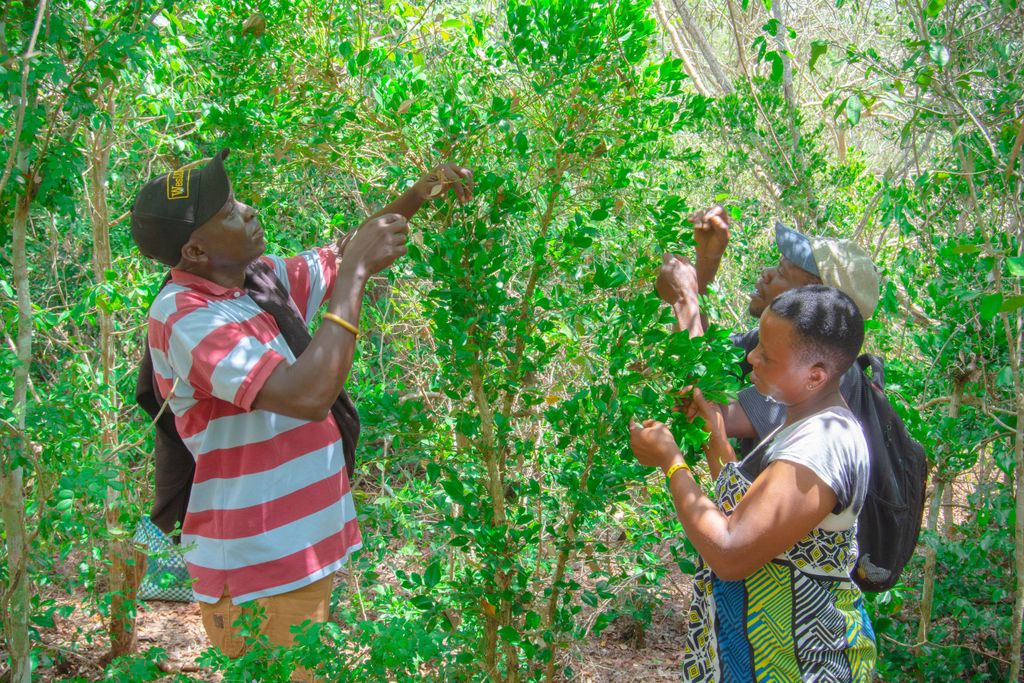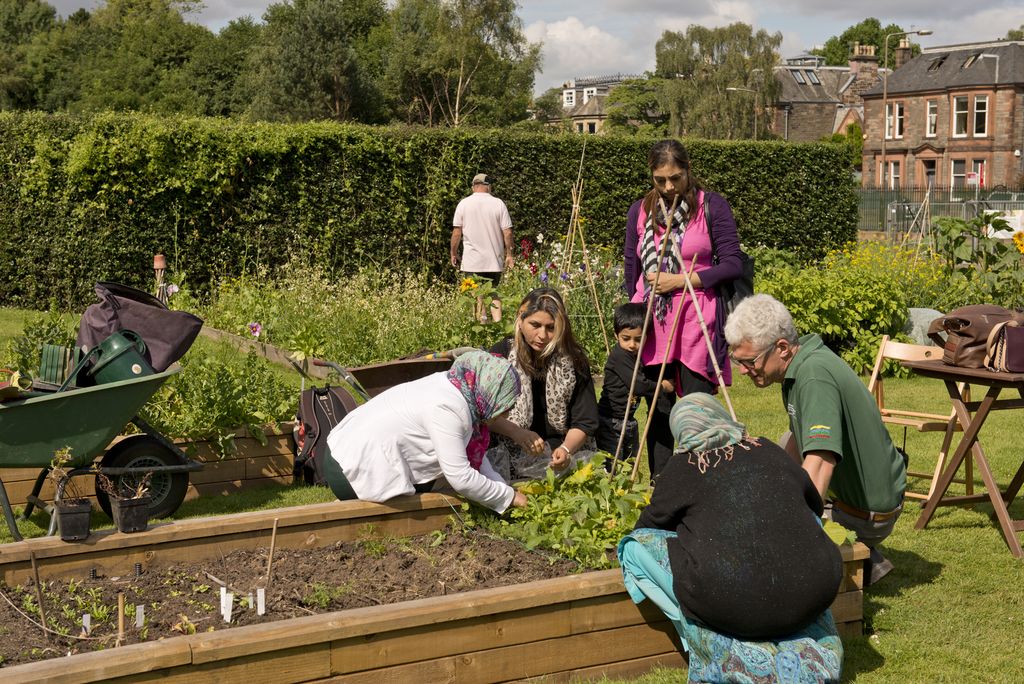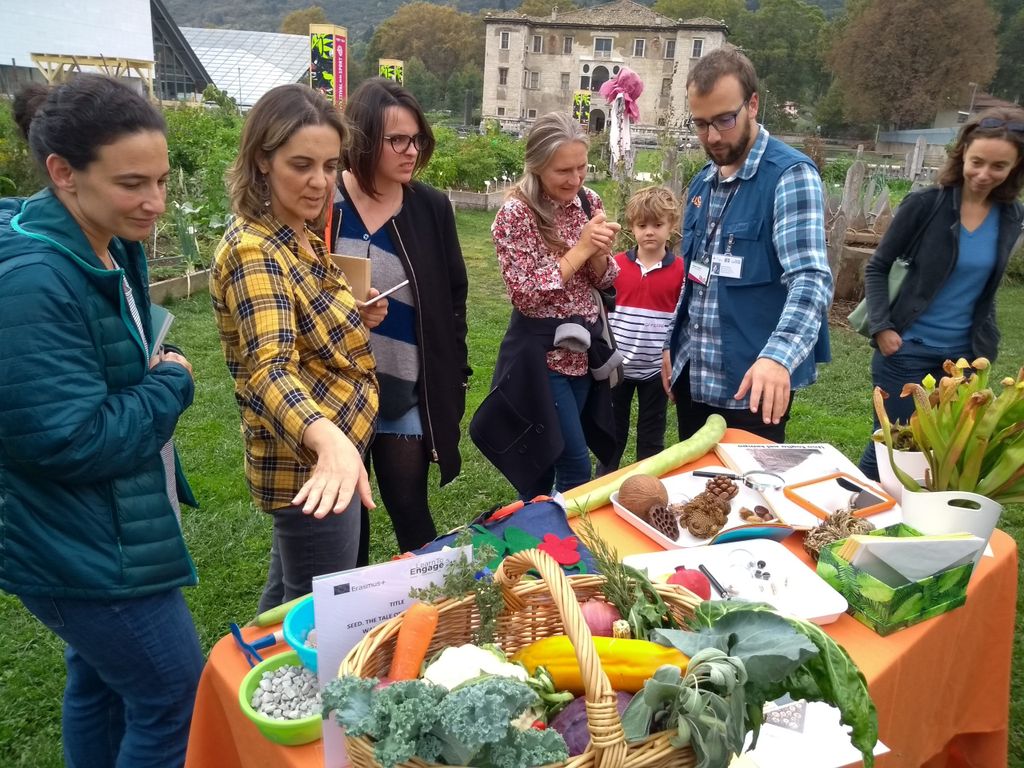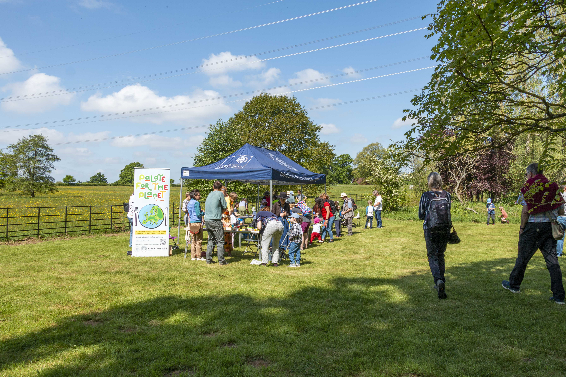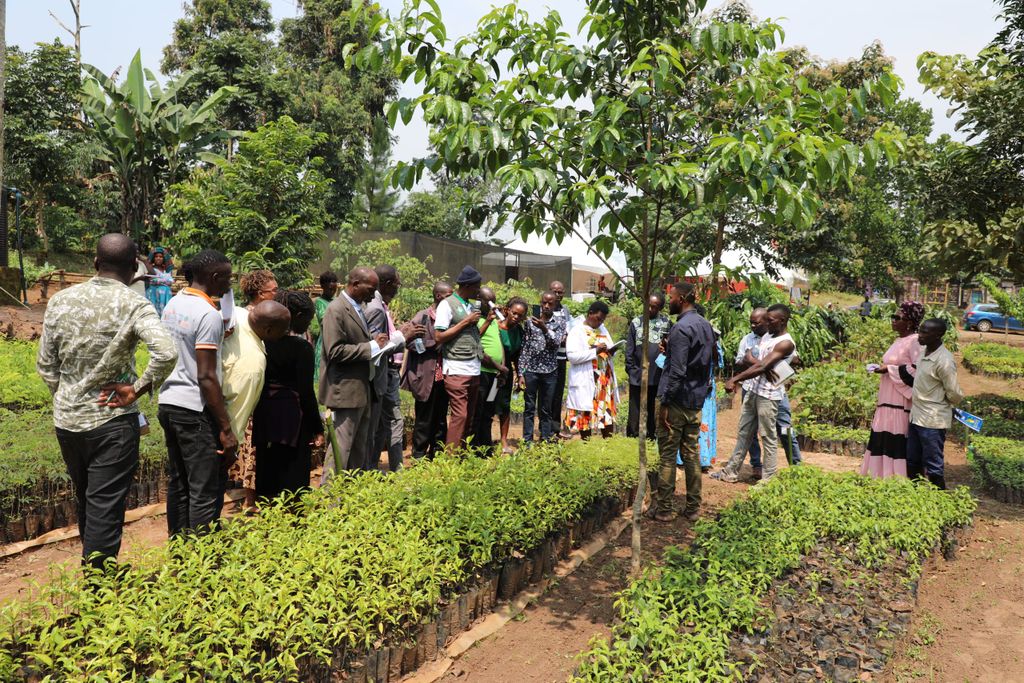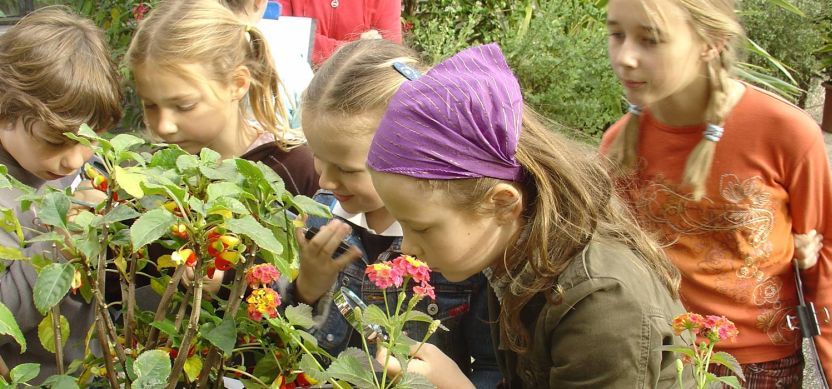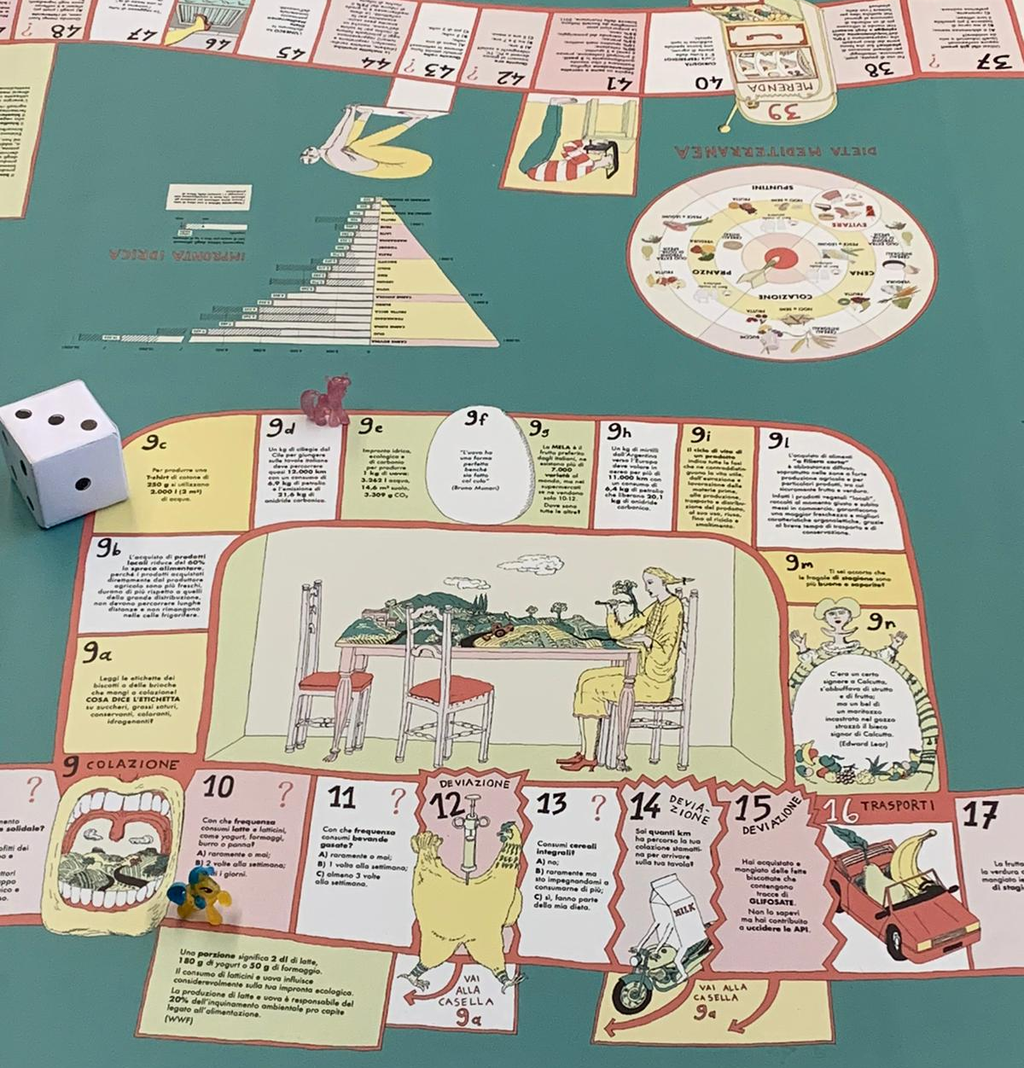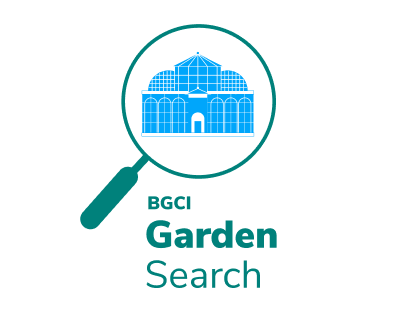Public Engagement & Education
Inspire | Engage | Impact
- About
- Projects (current)
- Projects (past)
- Networks and events
- Education best practice
- Resources
- Educator in the Spotlight
Welcome to the BGCI Education hub! Here you can find information on the projects, resources and network activities of BGCI’s education programming. Use the tabs along the top of the hub to navigate to different sections.
About BGCI Education and Public Engagement
BGCI has an extensive Public Engagement programme, offering a wide range of tools and resources to support and enhance the educational efforts of botanic gardens worldwide. In addition we deliver innovative, participatory projects that highlight the important social role botanic gardens play within their local communities.
BGCI’s five year strategy (2026-2030)
Over the next five year’s BGCI’s education team aims to work across the following four topics. These high level topics have been developed in consultation with the botanic garden education community (more detail to come!).
Icon |
Topic |
Objective |
 |
Climate change and biodiversity |
BGCI supported climate and biodiversity conservation education projects and activities are delivering bold and innovative engagement action to support the dual crises of climate and biodiversity loss goals |
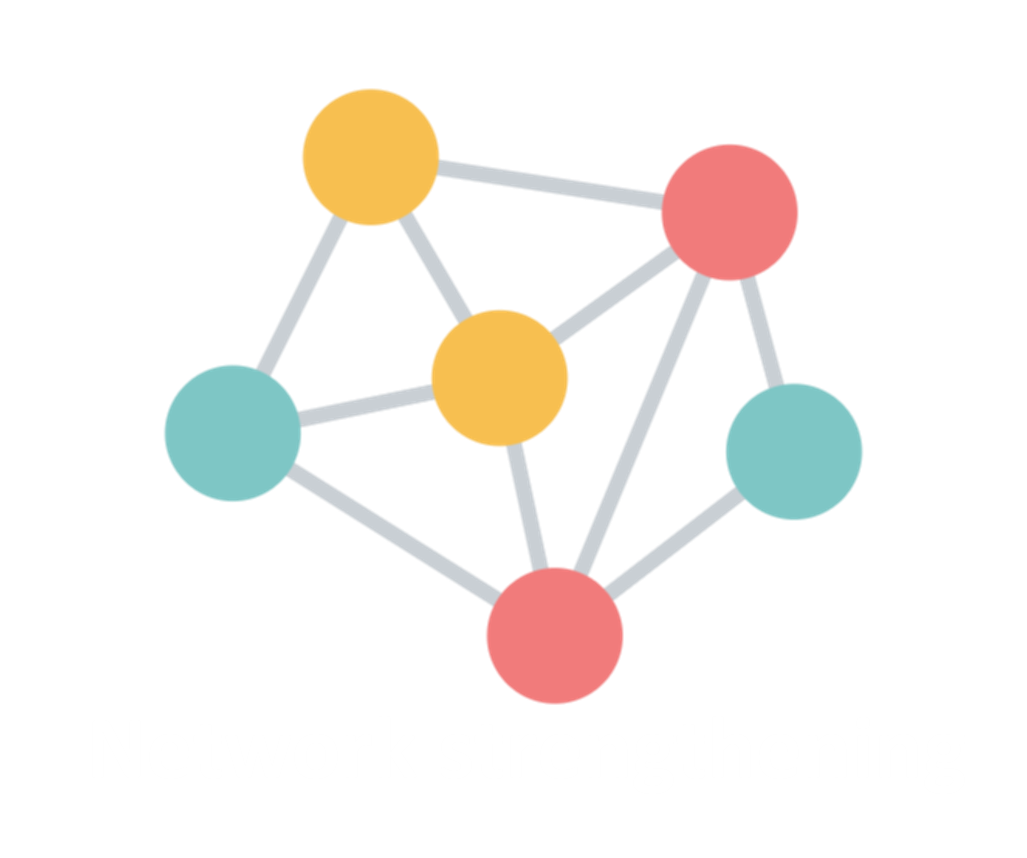 |
Strengthening the network |
GLOBE is the go to network for botanic garden educators for knowledge exchange, collaboration and discussion, and is represented by at least 500 members |
|
|
Innovation in education |
BGCI leads the botanic garden education network in identifying and championing innovation in engagement practices and pedagogy |
 |
Building the foundations |
All BGCI member gardens engage with foundation education skills training and support |
Ongoing Education Projects
Here you can read about the BGCI Education teams current projects. Some of those are education specific projects, in others the team provide the education component of wider BGCI projects.
Declaration of Intent on Climate Action Education
With a grant from the Big Give’s Green Match Fund, BGCI brough together education experts at the 11th International Congress on Education in Botanic Gardens (Korea, 2025) to developed a Declaration of Intent on Climate Action Education. This outlines seven key areas where it has been identified that education within botanic gardens and arboreta can do more to contribute to climate action goals.

Co-creating public awareness activities in Tajikistan
As part of a Darwin Initiative Funded project, we have been training the local partners in co-creation to co-develop engagement activities exploring the main themes of the project (restoration and sustainable livelihoods). This has resulted in public engagement outputs such as interpretation panels, leaflets and posters, radio programmes, and Open Days.
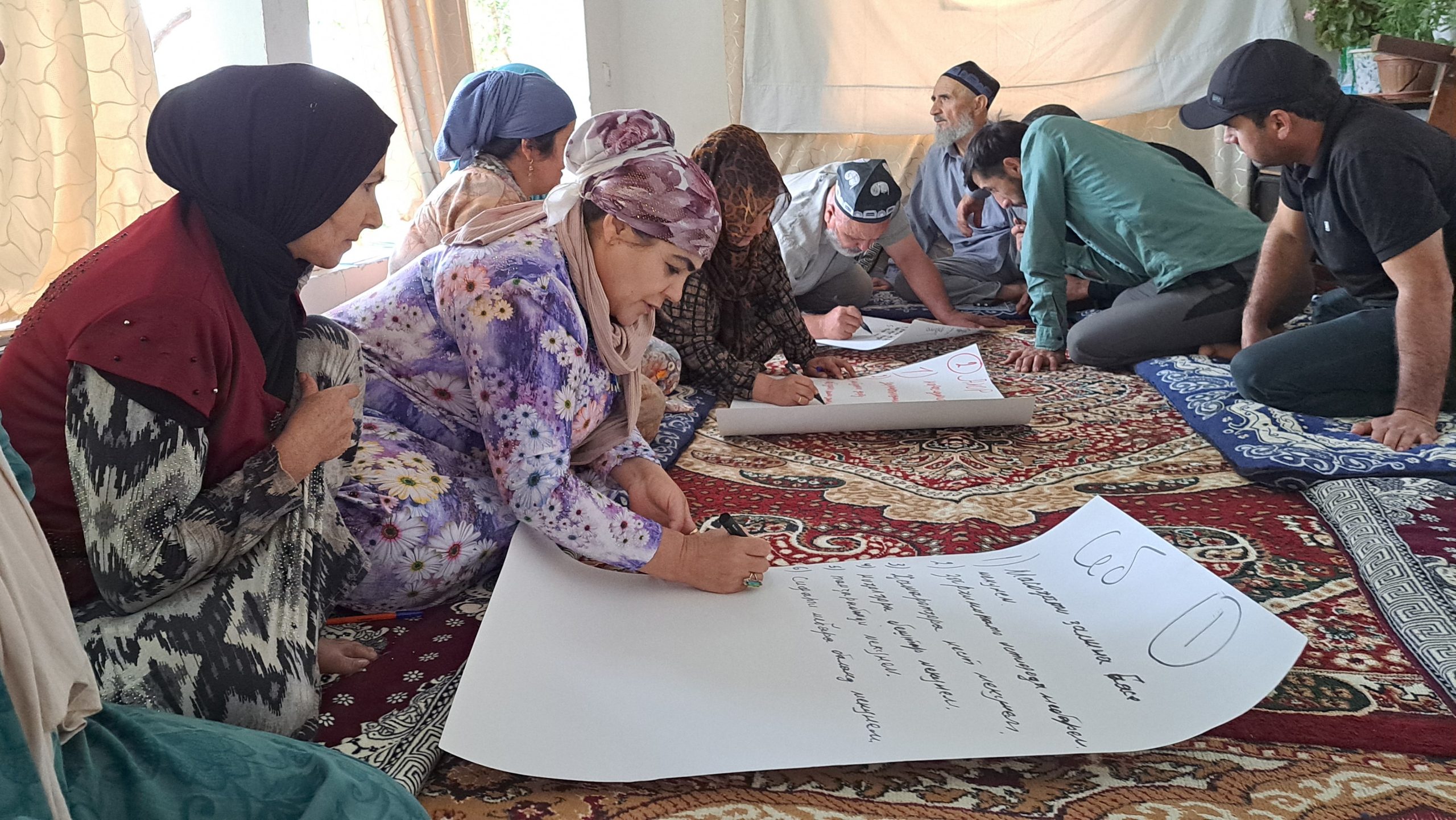
Participatory approaches training in Africa, South East Asia and South America
As part of an Audemars Piquet Foundation for Trees funded project that is aiming to build capacity in tree conservation, we are developing training in the use of participatory approaches (such as co-creation and co-design) to highlight the benefits to tree conservation of community engagement.
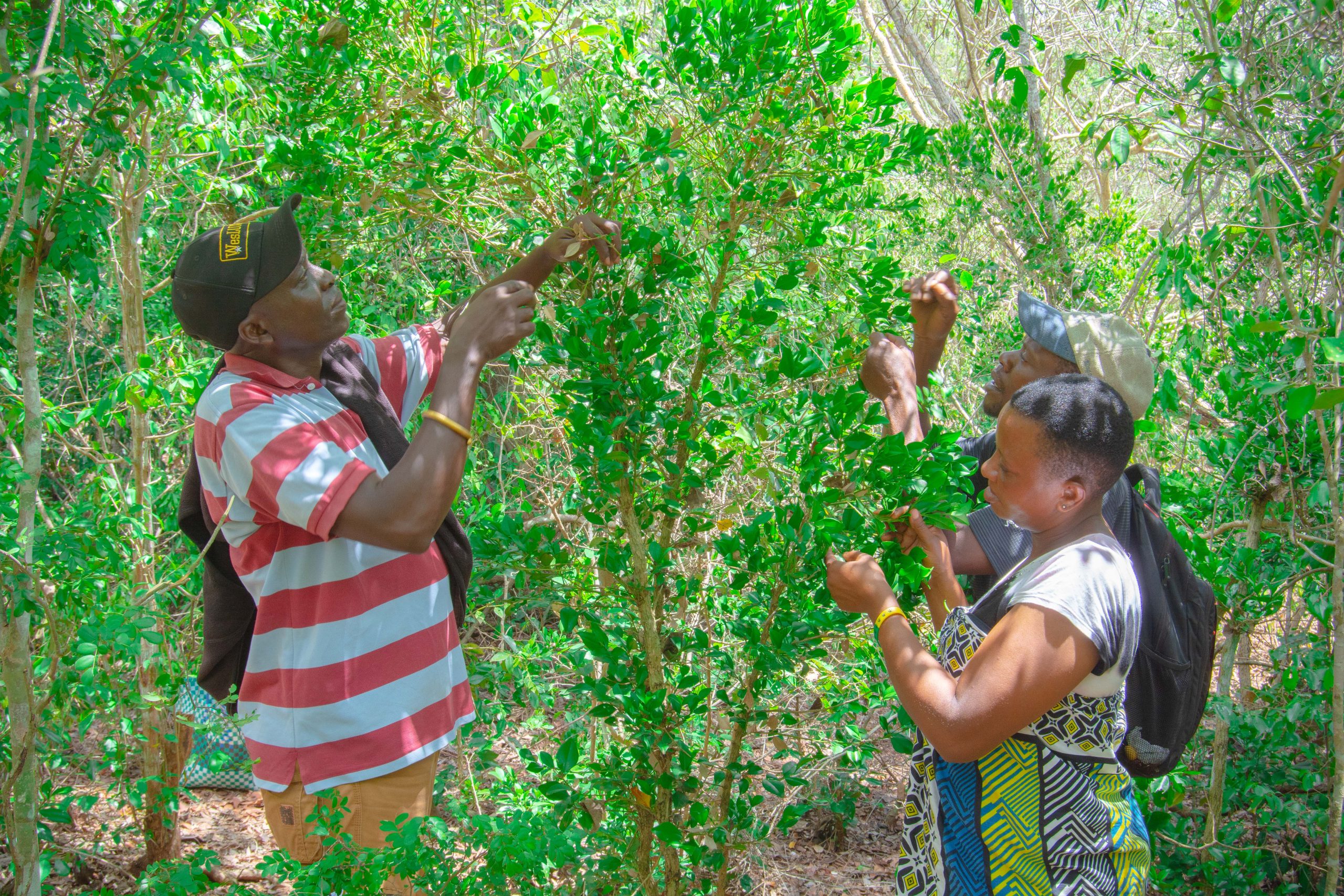
Education & Engagement Projects (Present)
In this section you can explore the past projects that the education team have been involved with. This includes wider BGCI projects where the team have provided the education component (such as co-creation, public awareness strategies or behaviour change interventions) as well as education specific projects.
In this section you will find information about BGCI education networks and events Click on the relevant link to take you to the section of interest:
- International Congress on Education in Botanic Gardens
- GLOBE (education network)
- Education Consortium
International Congress on Education in Botanic Gardens (ICEBG)
BGCI’s International Congresses on Education in Botanic Gardens are held every 3-4 years. The congresses bring together practitioners, teachers, curators, researchers and academics to discuss new advanced in education relevant to botanic gardens. These congresses are represented by botanic gardens from across the globe and are always an inspiring and informative event that provides opportunities to share ideas, meet old and new friends and discuss future priorities for education in botanic gardens.
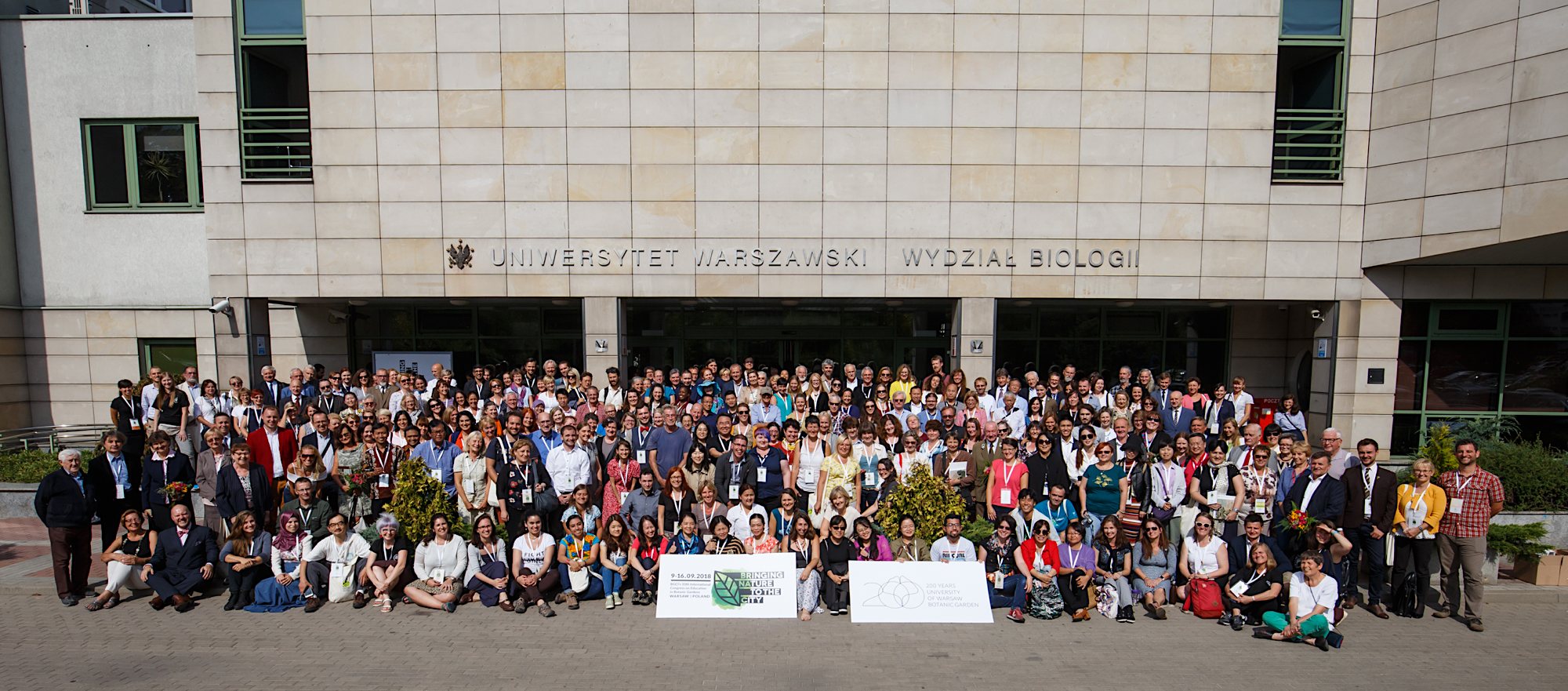
GLOBE
GLOBE stands for Global Learning and Outreach network for Botanic Educators. Our vision for the GLOBE network is to grow into an interactive, collaborative platform where botanic educators around the world can exchange resources, insights, and inspiration with like-minded colleagues, ask questions of peers and find opportunities for collaboration. We hope this will become a place where you not only receive information but also contribute your own experiences and materials.
GLOBE LinkedIn Group
During the 11th International Congress on Education in Botanic Gardens (ICEBG), in June 2025 in South Korea, we launched our GLOBE LinkedIn page as a hub for our community. You can join the group here.
GLOBE newsletter
To complement our LinkedIn group, we have also launched a GLOBE newsletter, as an additional or alternative way of accessing information shared through the network. You can sign up to the newsletter here,
GLOBE the future
The LinkedIn group and newsletter are just the start of our plans for GLOBE. As part of our 2026-2030 strategy under our “Strengthen the Network” topic we want to build GLOBE into a dynamic platform that allows educators across gardens to connect, collaborate and share. We have been having lots of discussions around what this might look like and how we support at the local right up to international. Watch this space for more!
Education Consortium
To support BGCI’s education work and the development of GLOBE, BGCI has an Education Consortium. This group is made up of education representatives from across the globe, all helping to shape the work of BGCI, ensuring that we can meet the needs of our garden members.
At present we have eight members representing Europe, Asia, Africa, North America, South America and Australasia.

The education team provide training and support in a range of education best practice approaches and methods. Below you will find an overview of these approaches and links to relevant projects and resources.
- Participatory approaches (incl co-creation)
- Behaviour Centred Design
- Interpretation
- Science communication
- Evaluation
- Social Inclusion
Participatory Approaches
What is it?
Participatory approaches are ways in which new voices can participate in the conversation. There are a number of approaches from consultation right the way through to co-creation. BGCI’s has used the co-creation approach in a number of BGCI led projects.
The aim of co-creation is to create shared ownership of a project between institutions and communities. The idea is to co-operate and learn from others and build a strong connection between groups which enables them to raise awareness and sensitivity towards important issues.
During our co-creation training, we train individuals to become facilitators who bring people together, while ensuring the control remains in the hands of the co-creators. Using a co-creation approach you meet your audiences’ needs, build stronger relationships and widen your audience.
The co-creation includes various steps, including two main stages; the ideation phase in which the group creatively generates, develops, and communicates new ideas, and the iteration phase in which the group revisits and improves ideas.
This approach empowers participants to create their own ideas from beginning to end, stimulates ownership of their ideas, and builds relationships between groups that last beyond the scope of the project.
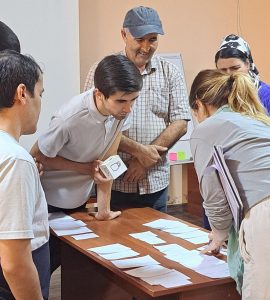
Co-creation projects
Behavior Centred Design
What is it?
Behavior Centered Design (BCD) approach for behaviour change in conservation:
The Behavior-Centered Design approach consists of 8 steps and has been developed by RARE, the center for behavior and environment, in order to build breakthrough solutions to environmental challenges. It is based on a combination of behavioral science and design thinking.
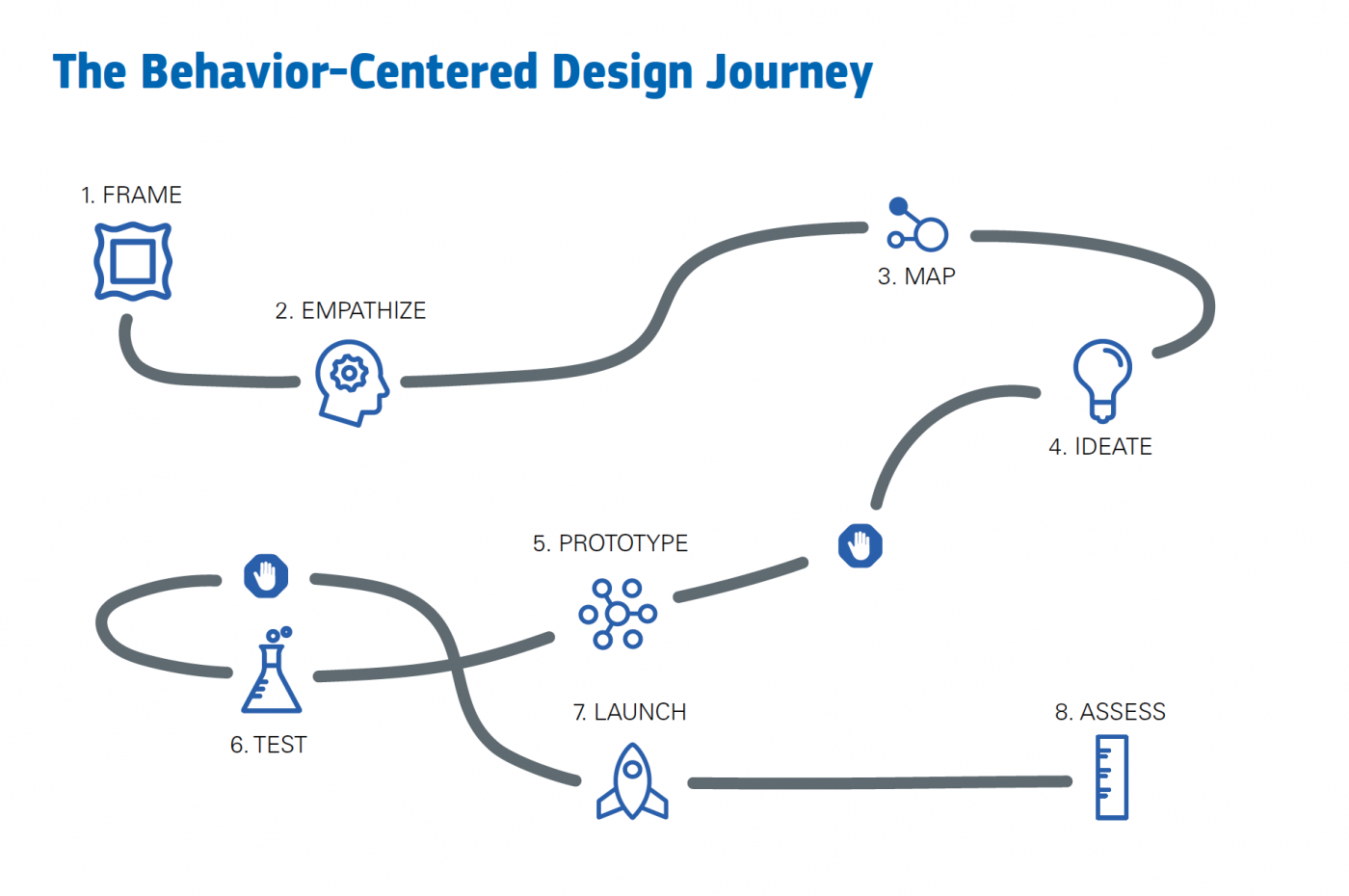
These are the steps of the BCD approach:
- Frame: Identify the actors and behaviors that have a meaningful impact on your environmental goals.
- Empathize: Collect data about the target audience and behavior using their perspective to understand their motivation, barriers, and context.
- Map: Draw links between data observations and behavioral insights using your behavioral lens to get more effective solutions.
- Ideate: Brainstorm, combine and prioritize ideas. By expanding the realm of possible ideas, you will think more creatively.
- Prototype: Develop a small-scale version with the essential features of your solution. This way you don’t have to invest a lot in resources, and it makes your idea tangible.
- Test: Test the prototype by validating your hypotheses about what motivates behavior and get feedback so you can improve the solution.
- Launch: Plan and launch your solution to see if it works in the real world.
- Assess: Measure the impact and monitor change in order to see if the behavior change is happening and to what degree it happens.
This approach is highly effective because all environmental problems and solutions involve behaviour change. The BCD approach helps identify target behaviours and develop strategies to change them. By using small, incremental steps, it creates a strategy that will have a larger and more lasting impact. The most important aspect of this approach is that it provides an opportunity to understand the barriers preventing people from adopting the desired behaviour and to find solutions to overcome these obstacles.
Interpretation
What is it?
Interpretation is an essential element of a botanic garden, connecting the garden to its visitors, adding to the visitor experience, helping to develop new audiences, inspiring people’s interest in plants, making the collections meaningful and helping to gain public support. Good interpretation is not just about transmitting information in a passive way, but should actively engage the visitor and help them make sense of what they are seeing or experiencing by revealing something that they may not know or by getting them to think a little more critically about an object or concept. To do this effectively you therefore need to know a lot about your audience and what your ‘take home’ message or theme is. Interpretation methods can include panels, trails, guided tours, apps, exhibitions, labels, events and the creative arts amongst others.
Interpretation resources
- Training module on Interpretation: BGCI offers a comprehensive training module exclusively for our members. This module provides valuable insights into the importance of interpretation in botanic gardens and guides participants on how to develop effective interpretation plans.
- Webinar for the South American Botanic Garden Network on Introduction to Interpretation: In our efforts to reach a broader audience, we delivered a webinar on interpretation for the South American network of botanic gardens, presented in Spanish. This webinar was led by Ane Zabaleta, the Education and Training Manager in BGCI.
Science communication
What is it?
There are a wide range of terms related to how science is shared with the public including science communication, public engagement with science, science outreach, public understanding of science, lifelong science learning and scientific literacy. In its simplest form science communication is about getting science from scientists to non-scientists and this can occur in a number of ways either directly from the scientist or via science communicators and educators. Contemporary science communication however is about much more than providing people with information. Solutions to many issues, e.g. climate change, require an inter or transdisciplinary disciplinary approach where fields such as technology, engineering and social sciences all play a part. The process is therefore about creating opportunities for dialogue and so the communication needs to occur in more than one direction and between various different groups e.g. the scientific community, the public, industry, government, the media and museums and science centres.
Science communication resources
- Training module on Science Communication: Available to our members, this module offers essential tips on how to effectively communicate science, the history of science communication and provides lots of great examples of science communication activities.
Evaluation
What is it?
Evaluation activities provide evidence about how any projects and programmes are meeting their aims and objectives and encourages project improvements. It also acts as an excellent tool to tell others about the good work being carried out and to share lessons learned and best practice with colleagues. Without evaluation, we can waste time and money by offering something that doesn’t fit the bill or that no-one is interested in. It can also lose us funders and audiences. Evaluation can be done at the start or early stage of a project or programme (formative evaluation) or at the end to gauge the success or impact (summative) and can be either qualitative or quantitative. Research is always needed when doing evaluation, to collect data that will provide your evidence. However research is vital in its own right for educators – to keep up to date with current issues, support working methodology, enhance knowledge and maintain high quality performance.
Evaluation resources
- Training module on Evaluation: Available to our members, this module offers essential tips on how to effectively evaluate educational programs, ensuring they meet their intended goals and continuously improve.
- As part of the Communities in Nature project we produced two evaluation themed webinars.
Social inclusion
What is it?
For most botanic gardens, the role of plants and plant conservation is approached from a scientific perspective rather than a social one. Given that environmental and social issues are so closely intertwined, growing a social role is vital in order for botanic gardens, as well as other scientific and educational institutions, to prove their modern-day relevance by engaging with their local communities on issues of mutual concern. Recently, there has been an increasing emphasis on breaking down barriers to access and engaging with a much broader range of people. In particular, publicly funded botanic gardens and other museums are being asked to demonstrate that their services represent good value, are responsible and relevant to the needs of their communities and are developed in partnership with them. By using participatory approaches, such as co-creation, and reaching out to more diverse audiences, botanic gardens are looking to become more inclusive and are starting to work more proactively with their communities. Developing their social role going forward however will require botanic gardens to rethink their purposes and to renegotiate their relationship to, and role within, society.
Social inclusion resources
BGCI has been encouraging botanic gardens worldwide, through their Communities in Nature project, to follow the museum lead and grow their social role. Working through their ‘Communities in Nature’ programme, BGCI has supported pilot projects in a number of UK botanic gardens, such as Ness and Westonbirt and produced a manual and report, sharing case studies and best practice with its membership. BGCI has also produced a number of webinars and a short video on the theme. A number of articles on this theme have been produced in both ‘Roots’, BGJournal as well as in chapter 7 of the ‘Manual on Planning, Developing and Managing Botanic Gardens’.
BGCI’s EU funded Horizon 2020 project ‘BigPicnic’ promoted the development of consortium Partner gardens’ ‘social role’ by the implementation of co-creation activities throughout the project.
In this section you can find links to BGCI’s key education resources
Roots: Education Journal
Roots, the education review for botanic gardens, has been produced biannually since 1990. It has covered topics such as;
- Teacher training
- Interpretation
- Research & education for sustainability
- Art
- Technology
- And more!
As a BGCI Member, you have the opportunity to contribute to the journal by writing an article, sharing your gardens experience and insights related to the latest theme.
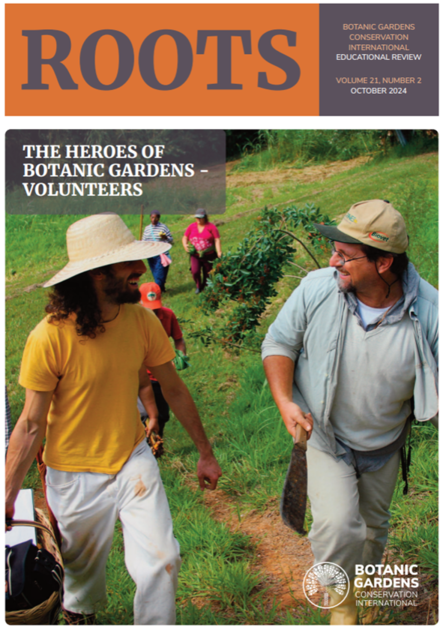
Online training modules for education
BGCI offers a series on online training modules via our Online Training Platform. As part of this we have three education specific training courses that are free for BGCI members to access. These are:
An introduction to Interpretation
This module provides an introduction to interpretation for botanic garden professionals. It looks at what interpretation is and the role it can play in engaging visitors of botanic gardens with their collections and work. The module considers how to develop interpretation, including goals, themes, audiences, and top tips to consider, and provides a range of examples showcasing best practice interpretation.
An Introduction to Science Communication
This module covers definitions of science communication, the history and public opinions around science and shares lots of examples of science communication being carried out at botanic gardens and other relevant institutions.
An Introduction to Evaluation
This module provides an overview of the evaluation process – what is evaluation? How do you develop an evaluation question? What are the stages of planning your evaluation? And what are the methods most suited to your activities?

In this section BGCI highlights an educator in a BGCI member botanic garden. The aim of this section is to provide a platform to showcase the amazing work that our network is doing.
Spotlight 1
Our first botanic educator in the spotlight is Amy Padolf, Director of Education at from Fairchild Tropical Botanic Garden (US).
Be our next Educator in the Spotlight
Would you like to showcase your work? We invite you to create a short video (up to 3 minutes) of yourself giving us a glimpse of your garden and highlighting some of the education work you are doing.
Contact Annelies to submit your video or ask any questions.
Taking a video for Educator in the Spotlight
Great you’re considering creating a video showing your work! Here are some questions to guide you
- What makes your role unique?
- Are there unique education projects or approaches in your garden that others could be inspired by or learn from? We’d love to hear about them!
- Please finish your video with the sentence “I am a botanic educator, because …”
- If you have supporting resources that others can use, please share then to the Vimeo description.
Video guidelines:
- Your video has to be in English, but you’re welcome to add subtitles in another language.
- Maximum of 3 minutes (shorter is fine).
- Start by introduce yourself and your garden.
- Show part of your education program in action in your garden (if possible) and give a short explanation about your program.
- Highlight 1 or 2 key strengths of your program or your garden
- End with: “I am a botanic educator, because ..”
- Please do the editing yourself as we won’t have time to do this. You can always contact us if you have questions!
- Share your video with us, preferably in MP4 format and we will upload it to our BGCI Vimeo channel.
Share



